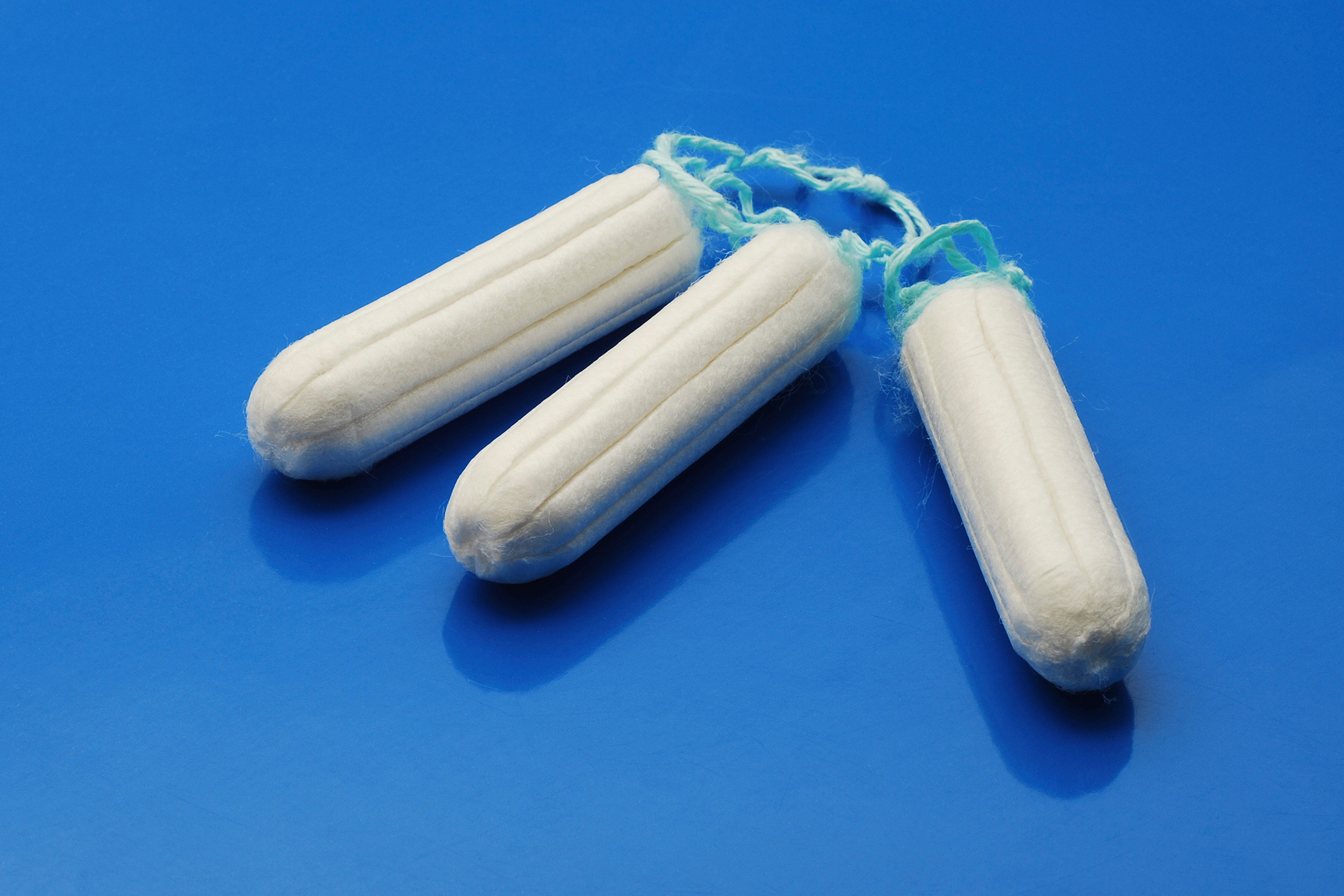
You might remember the day you got “the talk” in school. It was probably in 5th or 6th grade, when your homeroom teacher came into the class, rounded up all the boys and shepherded them out of the room. For the remaining hour, there were lectures and videos about ovaries and fertilization and menstrual cycles — “icky secrets” that needed to be hidden from the boys.
Although this may have seemed like a precautionary gesture for the girls, it only served to silence them and make periods seem like a gender-specific secret. For too many girls, periods aren’t a fun little secret, let alone a miraculous bodily process to be respected. Rather, many girls believe that periods are a burden to be borne every month, silently and in shame.
It wasn’t your homeroom teacher’s fault — society is complicit in teaching girls that menstruation is a dirty little secret. Wherever girls look, the messaging about periods is that they are best suffered quietly, and that they are certainly not appropriate for polite conversation.
Perhaps on the surface, the fact that generation after generation of girls is growing up too shy to talk about their periods doesn’t seem like a huge deal. As co-founders of feminine care brand LOLA, we spend an inordinate amount of time thinking and talking about women’s menstrual cycles, but you don’t have to do this for a living to see that the debilitating effects of this shaming go far beyond the embarrassment of “the talk” in elementary school.
For girls around the world, period taboos severely limit access to education and the ability to maintain sound reproductive health. In India, for example, a 2010 study found that over 300 million reproductive-age women and girls use old rags, mattress filling or whatever else they could find during their periods in lieu of sanitary products like pads or tampons.
Without access to clean, safe products and the privacy needed to change them regularly, India’s rampant menstruation mismanagement has become a public health crisis. Over 27% of the world’s deaths from cervical cancer occur in India — twice the global average — and the World Health Organization suggests that poor menstrual hygiene is a contributing factor. This is just one example.
Menstrual hygiene management, particularly in the developing world, is an incredibly complex issue. Simply getting girls to talk about periods more openly certainly won’t fix everything, but if you can’t even articulate the problem, there is no way to start working on solutions that will keep girls healthy and in school.
The conversation is opening up a bit in the U.S., clearing the way for meaningful progress. NPR named 2015 “the year of the period,” citing that menstruation mentions in major news outlets tripled in 2015 compared to 2010. A new crop of other innovative feminine care companies—including the menstrual tracking app Clue and period underwear brands like Dear Kate—are bringing more innovation to menstrual hygiene than the industry has seen since the plastic applicator was invented four decades ago. On the regulatory front, efforts to remove the tampon tax and force menstrual product brands to disclose their ingredients are gaining momentum.
Every girl, from New York to New Delhi, should have access to safe, affordable menstrual products. We can start by making this a legislative priority for our politicians in the U.S., city by city, state by state. Every girl should also learn that her period is a natural—dare we say—even miraculous, bodily process. It’s not a monthly curse, and certainly nothing to be ashamed of. That starts with better sexual and reproductive health education, at home and in school for girls who will menstruate, as well as their male classmates, friends and relatives who will never experience a period personally. While we continue advocating for improvements in education, policies and products, we also have to remember to stop teaching our girls, implicitly or explicitly, to suffer their periods in silence.
Jordana Kier and Alex Friedman are co-founders of LOLA, a feminine care brand by women, for women. LOLA offers 100% organic cotton tampons through a convenient and customizable subscription service.
More Must-Reads from TIME
- Introducing the 2024 TIME100 Next
- The Reinvention of J.D. Vance
- How to Survive Election Season Without Losing Your Mind
- Welcome to the Golden Age of Scams
- Did the Pandemic Break Our Brains?
- The Many Lives of Jack Antonoff
- 33 True Crime Documentaries That Shaped the Genre
- Why Gut Health Issues Are More Common in Women
Contact us at letters@time.com